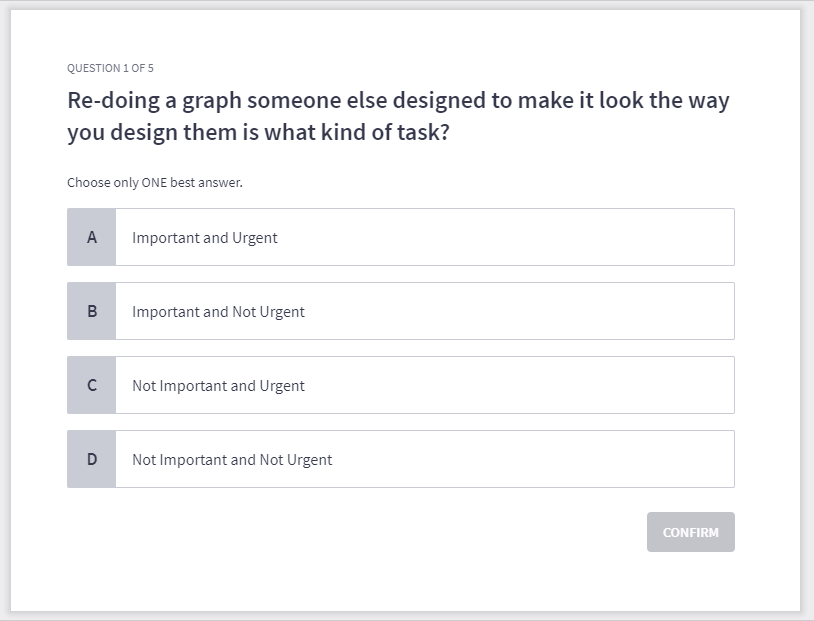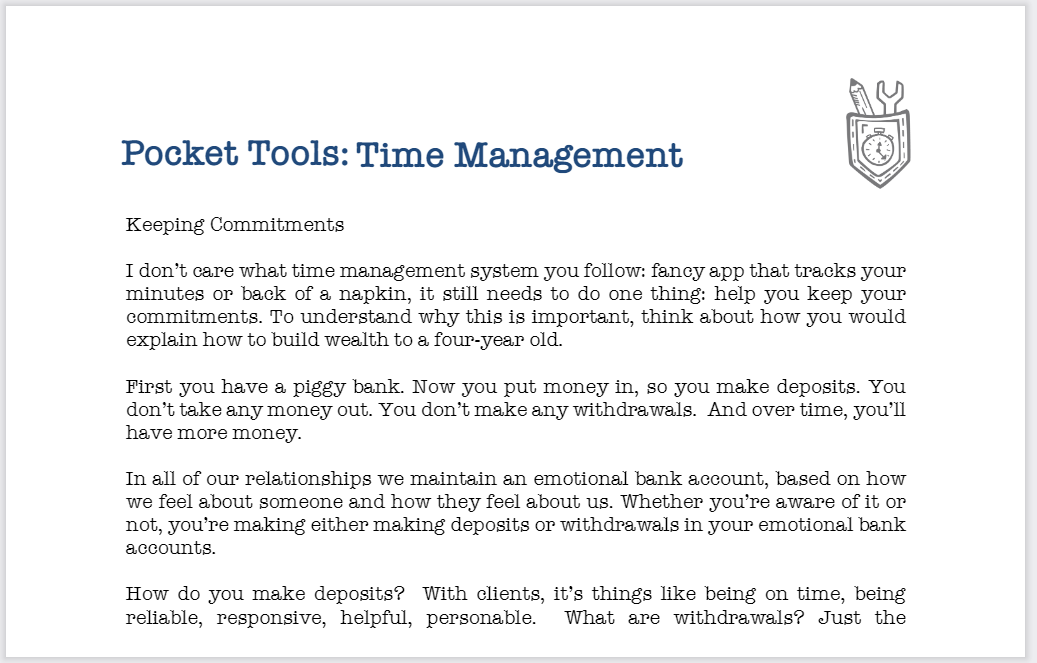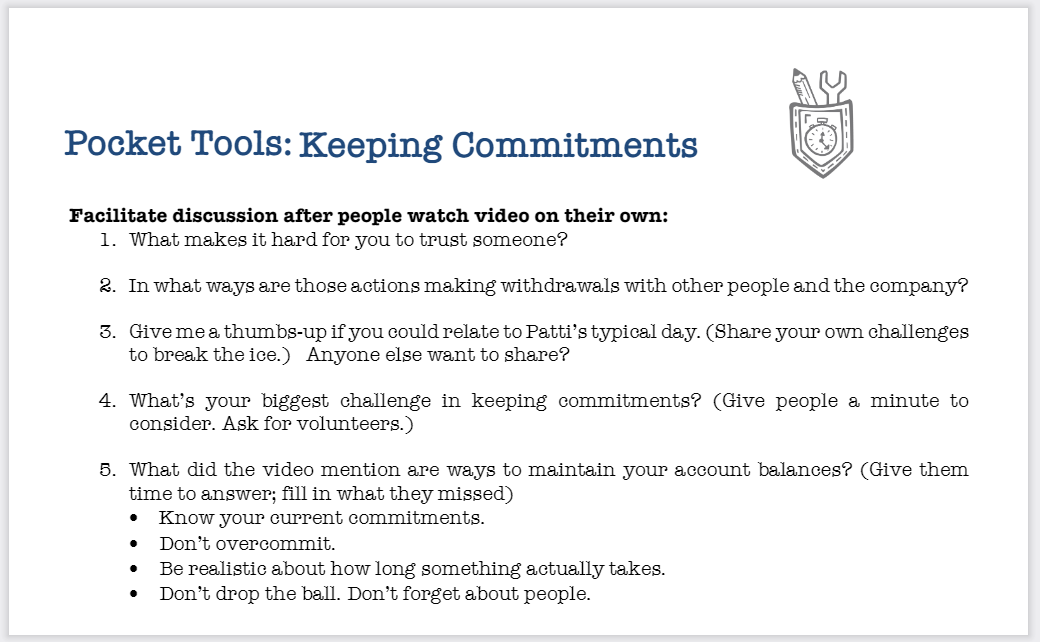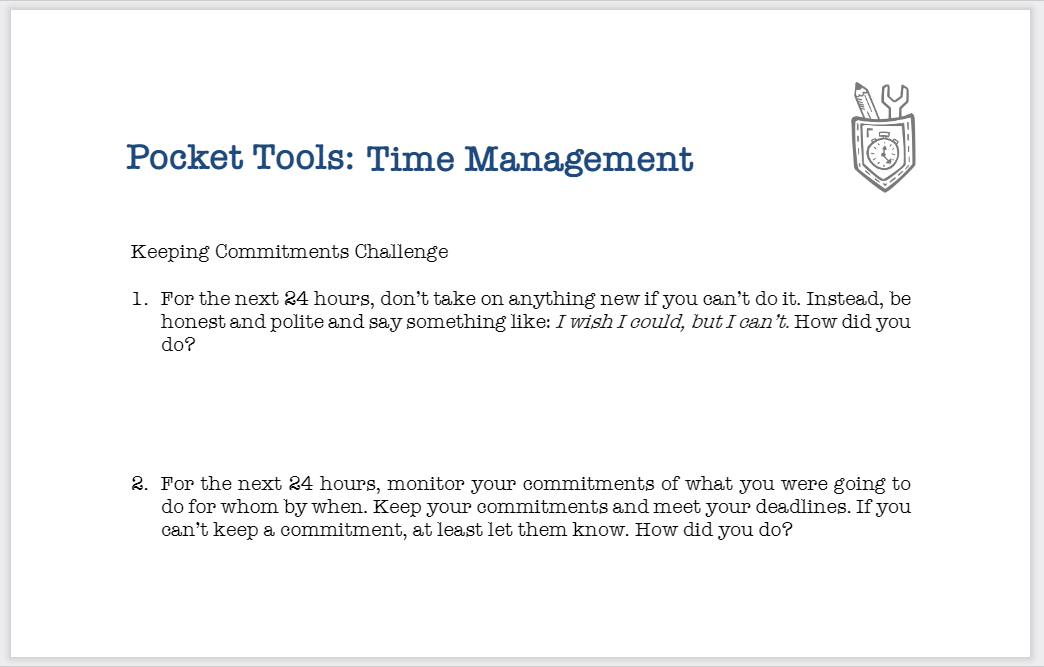When you think about what makes a strong leader, does humility make your top ten list?
I’ve been reflecting on the importance of humility and what it means in leadership. Many of my clients want their emerging leaders to assert themselves more, to find their voice, and to take risks by speaking up. We come to expect leaders to be confident and be comfortable in their own skin. It instills trust and motivation to follow them.
Leadership is a balancing act. Too much of anything is counterproductive. Being direct is appreciated except when it’s too blunt. Being too caring is valuable except when it means leaders avoid what needs to be said. In the same way, we want leaders to be confident but not arrogant. If you’re so invested in always being the smartest person in the room, it doesn’t leave much room for anyone else to be smart. Individuals on your team won’t grow on their own. They won’t find their confidence and voice, and, consequently, the productivity of your company will be limited.
A little humility goes a long way. I’m not talking about walking around telling everyone you have no idea what you’re doing. Instead, humility in leadership looks like choosing those times to say, “I’m open to ideas because I don’t know where to go,” and, “I’m not the best person to ask in this regard.” Even admitting when you screw up invites others to the leadership table. They start to see that becoming a leader isn’t about getting it right all the time or having all the answers. It’s about being confident in yourself and humble enough to admit we’re all human.




You are learning “young grasshopper” 🙂